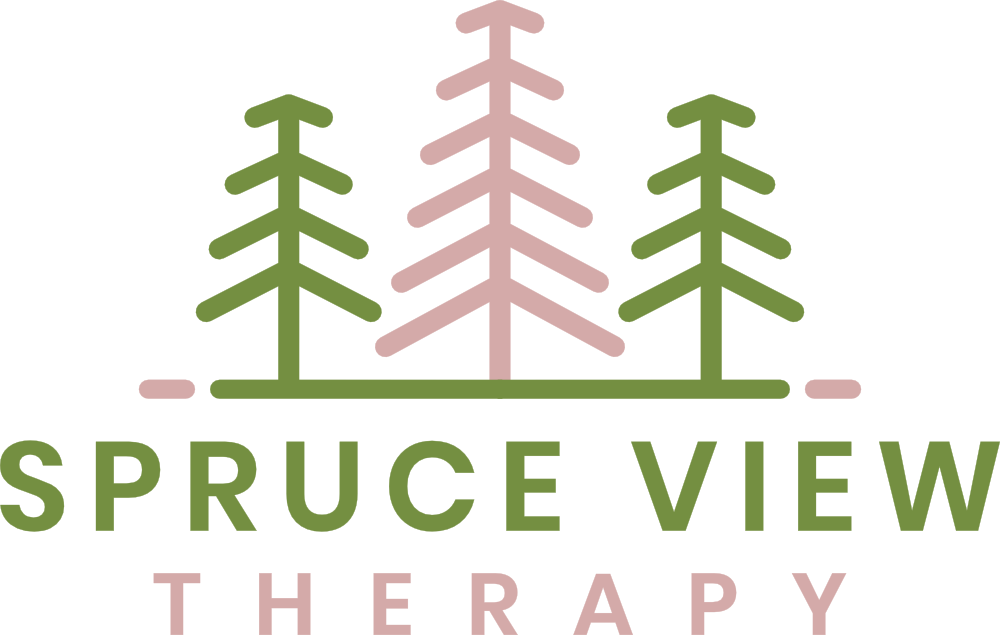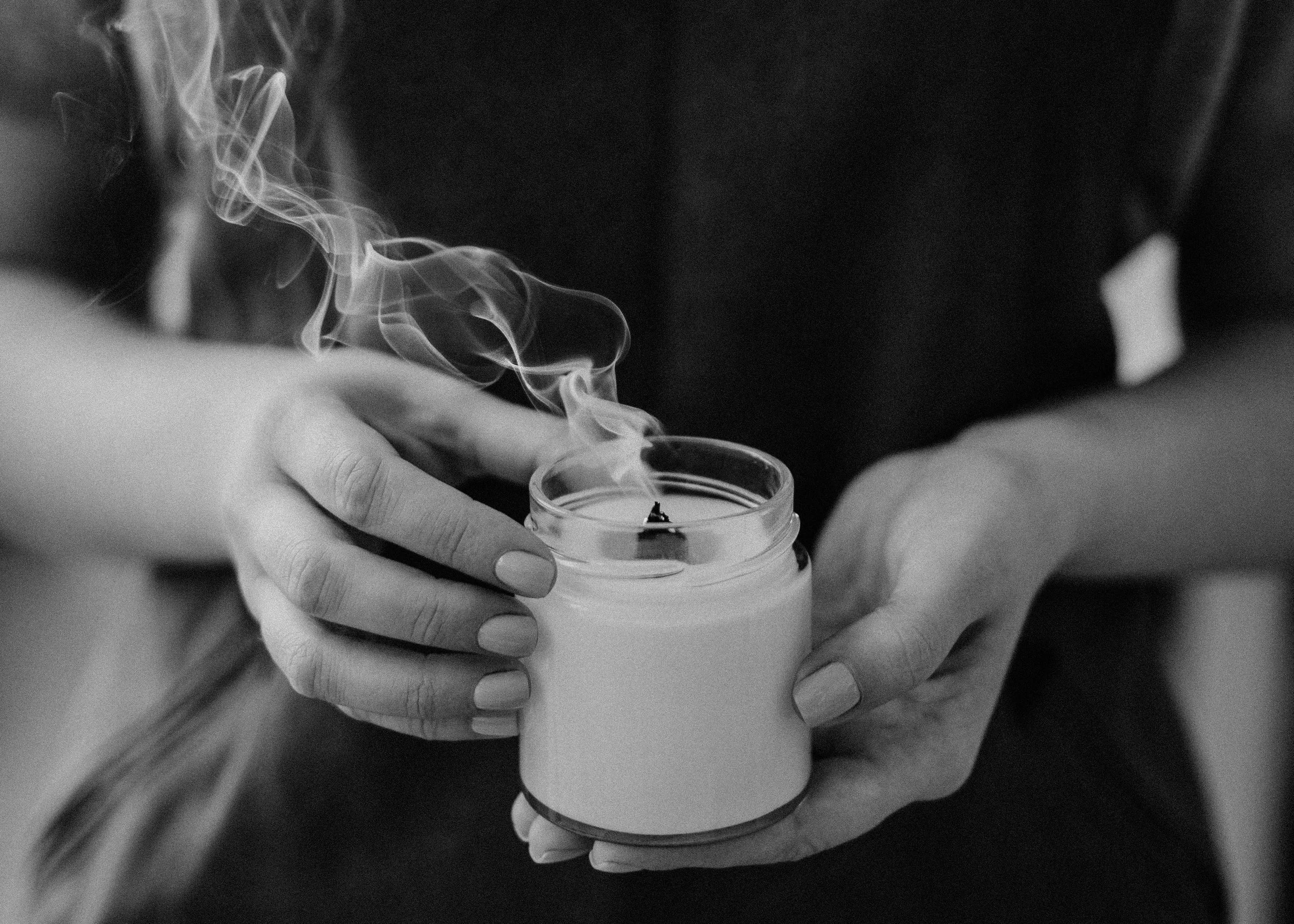Back-to-School, Back to Burnout? How to Lighten Your Mental Load This Fall
The start of a new school year often comes with fresh notebooks, full calendars, and a quiet promise to "get back on track." For some, “back to school” means more routine and structure, but it can also mean hectic schedules and an even crazier juggling act. For many people, especially moms and caregivers, this time of year may not feel like a fresh start. It feels like a sprint.
By the end of August, the to-do list has already multiplied: school supplies, prepping lunches, after-school pickups, meetings, homework, appointments, sports. What else did I miss?
And beneath it all, the invisible mental load of making sure everyone is okay, and everything is running smoothly.
It’s no wonder that back-to-school can feel like a fast track to burnout.
What Is the Mental Load, and Why Does It Matter?
The mental load refers to the invisible, ongoing work of organizing, planning, anticipating, and remembering everything for everyone. It’s not just doing the tasks. It’s thinking about them constantly.
Examples of mental load might include:
Noticing when the toothpaste is running low and picking it up on the way home
Knowing where everything goes in the house
Remembering it’s picture day tomorrow (and finding a clean shirt)
Remembering appointments, deadlines, and school events
Planning meals and grocery lists
Noticing emotional shifts in loved ones and trying to support them
This load is heavy, and it’s often unacknowledged. And for women who already carry perfectionism, anxiety, or trauma responses, it can push you past your limits.
Signs You Might Be Sliding Toward Burnout
When the mental load is heavy, it can be a fast track to burnout. Burnout isn’t just exhaustion. It’s emotional depletion, disconnection, and overwhelm. You might notice:
Feeling irritable or numb, especially with people you care about
Dreading tasks that used to feel manageable
Struggling to fall asleep (or waking up feeling unrested), even though you're constantly exhausted
A persistent, nagging guilt that you're not doing “enough”
Resentment toward others who don’t share the load
Anxiety or difficulty relaxing even during downtime
If any of this sounds familiar, it’s important to recognize it now, so you can start making adjustments to recover. These are simply signs from your body and mind that you may be doing too much or need more support.
Why Fall Can Be a Fast Track to Burnout
You’re used to pushing through. You know how to “handle it.” But just because you can manage the pressure doesn’t mean it’s sustainable.
Fall often ramps up external demands (school schedules, work stress, holidays on the horizon) and internal expectations (fresh start! new goals! be better!). For many women, this combo can mean patterns like:
Over-responsibility
People-pleasing
Self-neglect disguised as being “strong”
Underneath, many of these patterns are protective parts, trying to keep you safe, accepted, and in control. But when they’re overactivated, they start to wear you down.
So, what can you do?
6 Ways to Manage the Mental Load and Prevent Burnout This Fall
Here are some practical ways to start easing your mental burden and to lighten your load:
Name It Out Loud
Simply acknowledging the mental load is powerful. Share with your partner, family, or friends what you’re carrying. Naming it helps reduce shame and invites support.
Use Tools to Offload Mental Tasks
Write things down, use shared calendars, reminders, or apps to keep track of details so your brain can rest. Dedicate a few minutes each day to write down all the things your trying to manage, so you aren't lying awake at night wondering what you're forgetting.
Delegate and Share Responsibilities
It’s okay to ask others to take on tasks, even small ones. Sometimes people don’t realize what you’re juggling until you tell them.
Set Boundaries Around Your Time and Energy
Saying “no” or postponing less urgent commitments creates space to breathe. Remember, you don’t have to do everything.
Schedule Actual Rest and Recovery, Not Just Escape
Watching Netflix is fine, but also consider: What helps you feel like yourself again? What helps you feel rejuvenated? Recovery might mean quiet time, connection, movement, therapy, or doing nothing on purpose. Give yourself a non-negotiable, even if it's just 5 minutes to enjoy your cup of coffee in the morning.
Practice Saying No Without Explaining
It’s okay to say “no” without giving an explanation. Give yourself permission to say “no” when you don’t want to take on an extra responsibility.
You Don’t Have to Carry It Alone
The mental load can feel heavy, but you don’t have to carry it all on your own shoulders. Therapy can help you understand the parts of yourself that feel responsible for holding everything together, and find new ways to share that load with others and with yourself.
If you’re ready to explore how to break free from burnout, carry less, and feel energized again, I’d be happy to support you. Curious about working together? Schedule a free consultation. This Fall, you don’t have to do it all alone.
Michaela Zoppa is a Licensed Professional Counselor (LPC) in Colorado Springs, Colorado. She supports women and teen girls navigating anxiety, perfectionism, trauma, and burnout. She uses evidence-based, trauma-informed modalities, including EMDR and Internal Family Systems (IFS) therapy.





